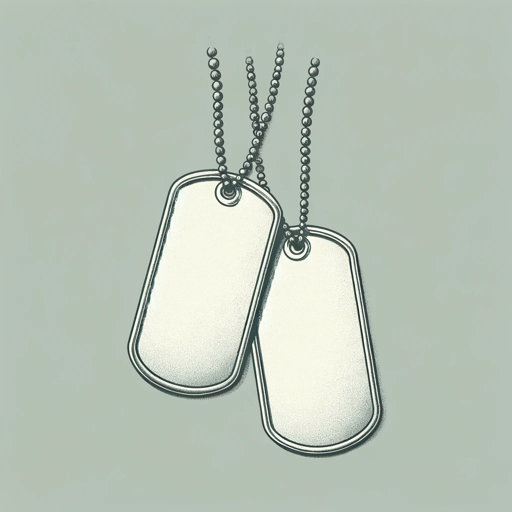19 pages • 38 minutes read
Gwendolyn Brooksmy dreams, my works, must wait till after hell
Fiction | Poem | Adult | Published in 1945A modern alternative to SparkNotes and CliffsNotes, SuperSummary offers high-quality Study Guides with detailed chapter summaries and analysis of major themes, characters, and more.
Symbols & Motifs
Honey and Bread
The first image in Brooks's sonnet relates to food, which gives the poem a domestic setting and situates it in a terrain typically linked to women. Indeed, the honey and bread subvert the masculinity of the soldier as it bonds him to stereotypical women's activities and spaces like cooking and the kitchen. Focusing on the feminine symbology and discarding the sonnet’s context can lead to reading “my dreams, my works must wait till after hell” as a poem about a woman who has to endure the confines of being a wife and mother and, in turn, can't focus on herself. On the Poetry Society of America's website, Tess Taylor interprets this poem in the context of repression and womanhood.
Separately, honey and bread can symbolize religion. Throughout the Bible, honey and bread appear, and they are often signs of nourishment and relief. In Psalms 81:16, God promises his faithful honey and “the finest of wheat.” The soldier puts his bread and honey in order as a way to stabilize his spirit. When he tells them, “Be firm” (Line 4), he's telling his spirit to stay strong because he's about to meet the “devil” (Line 11), so he'll need a God on his side and a sturdy spirit.
Related Titles
By Gwendolyn Brooks
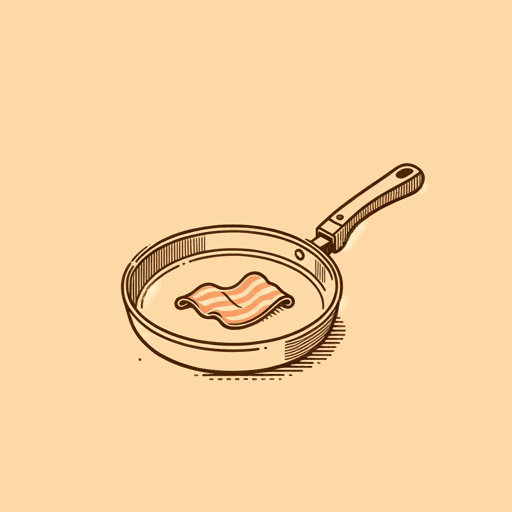
A Bronzeville Mother Loiters in Mississippi. Meanwhile, a Mississippi Mother Burns Bacon
Gwendolyn Brooks
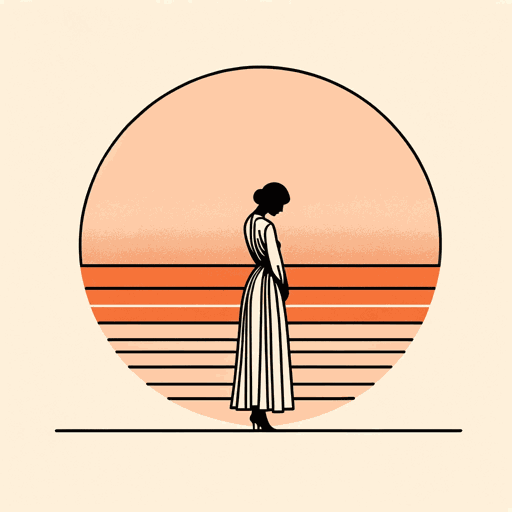
A Sunset of the City
Gwendolyn Brooks

Boy Breaking Glass
Gwendolyn Brooks

Cynthia in the Snow
Gwendolyn Brooks
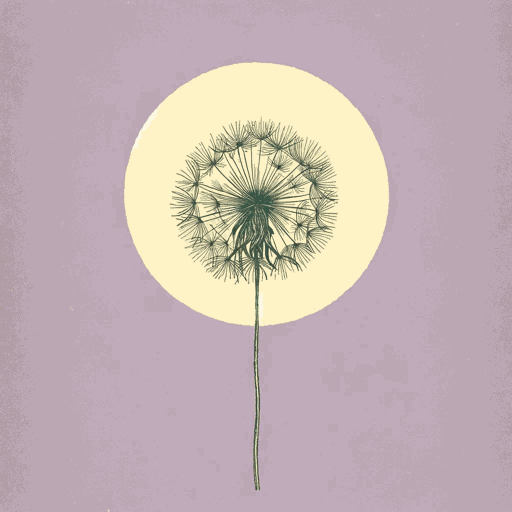
Maud Martha
Gwendolyn Brooks

Speech to the Young: Speech to the Progress-Toward (Among them Nora and Henry III)
Gwendolyn Brooks

The Ballad of Rudolph Reed
Gwendolyn Brooks

The birth in a narrow room
Gwendolyn Brooks
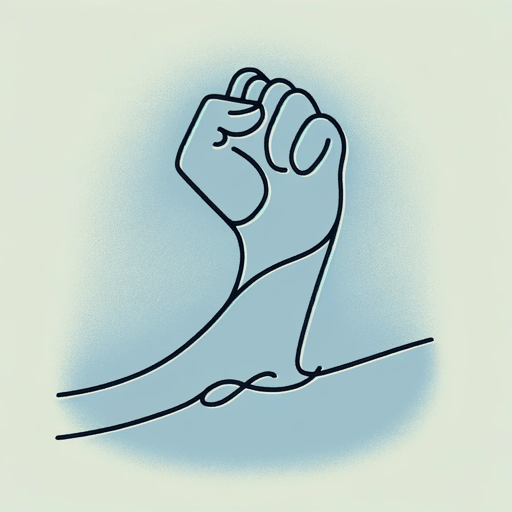
The Blackstone Rangers
Gwendolyn Brooks

The Chicago Defender Sends a Man to Little Rock
Gwendolyn Brooks
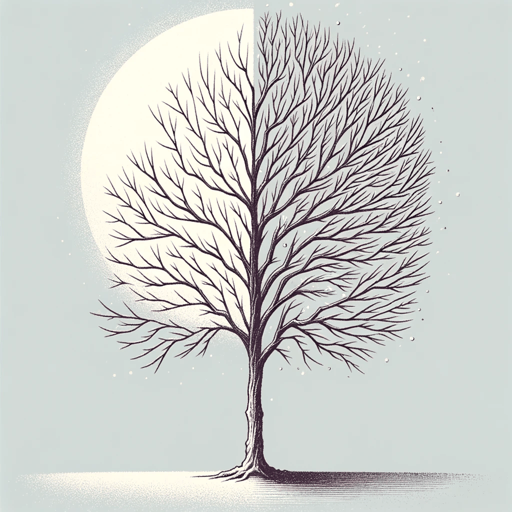
The Crazy Woman
Gwendolyn Brooks
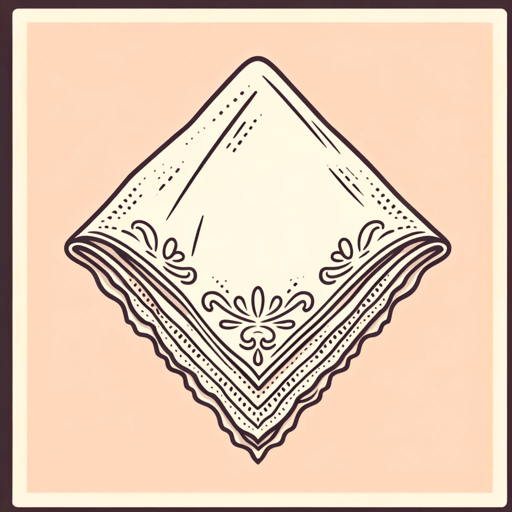
The Lovers of the Poor
Gwendolyn Brooks
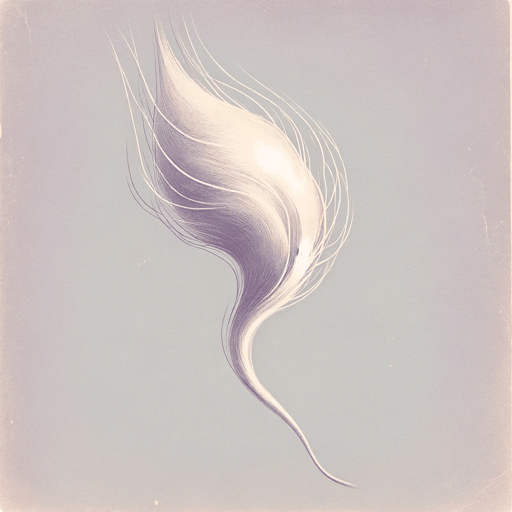
The Mother
Gwendolyn Brooks

the rites for Cousin Vit
Gwendolyn Brooks

To Be in Love
Gwendolyn Brooks

To The Diaspora
Gwendolyn Brooks
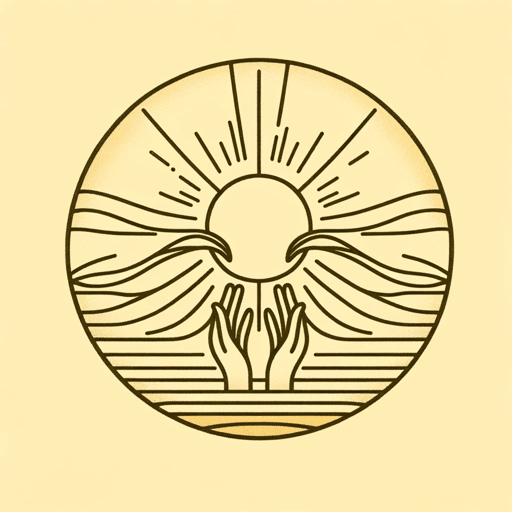
Ulysses
Gwendolyn Brooks
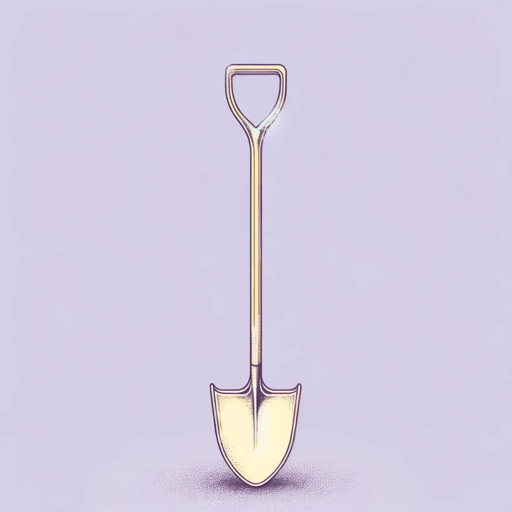
We Real Cool
Gwendolyn Brooks
